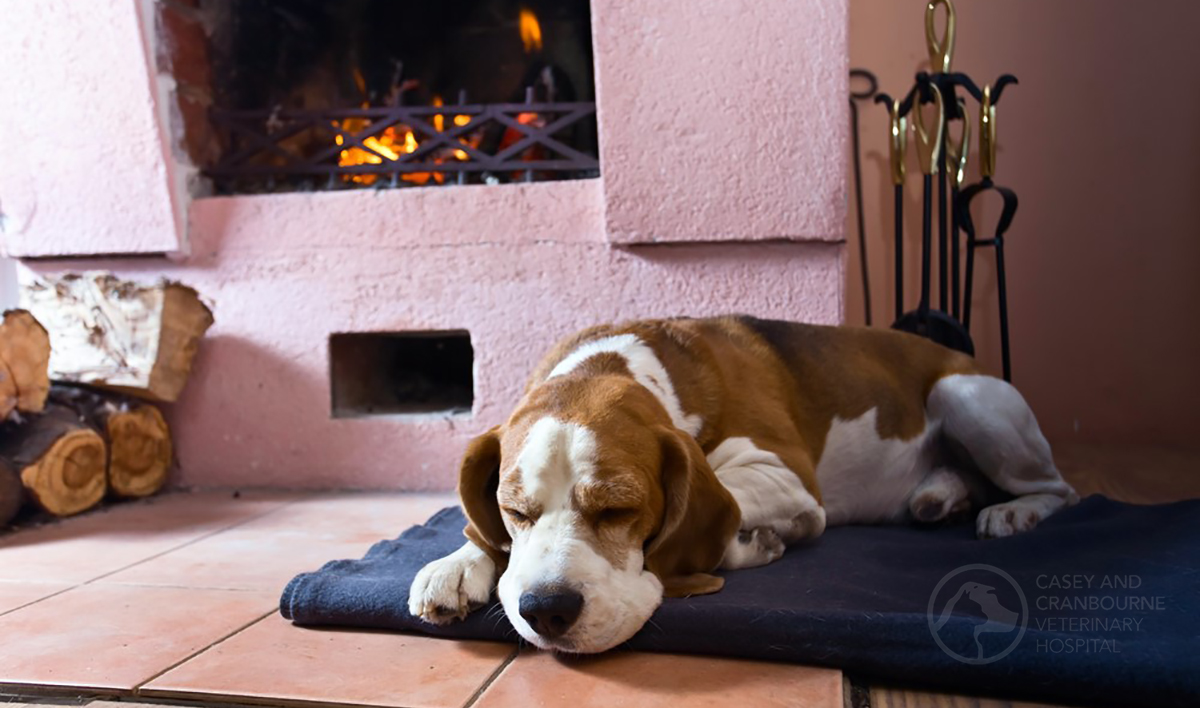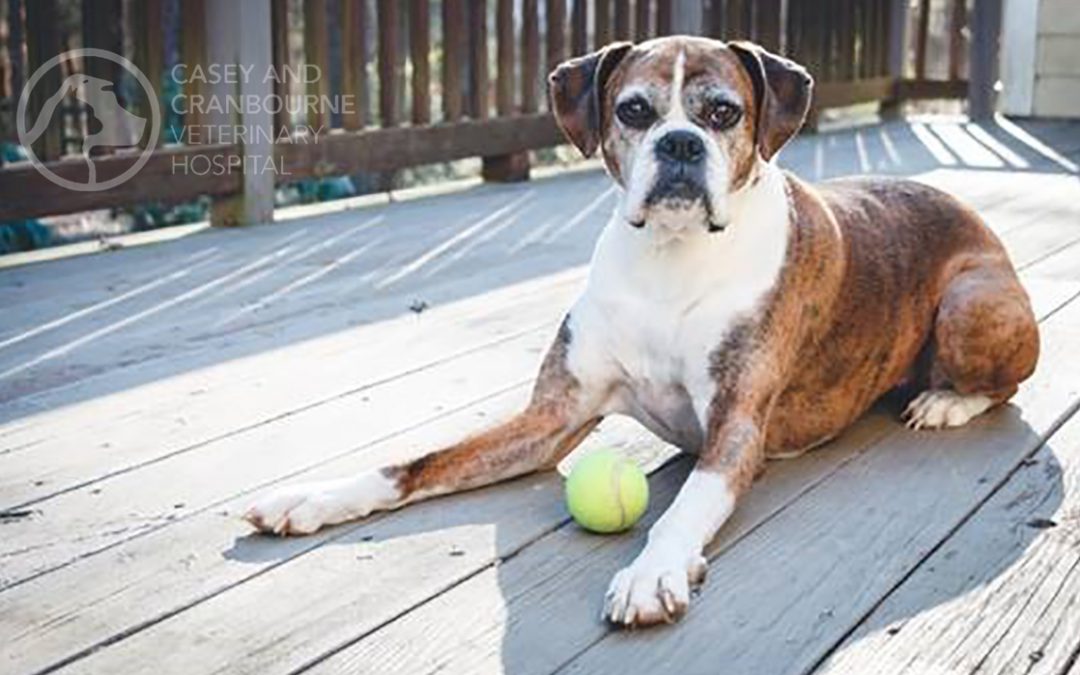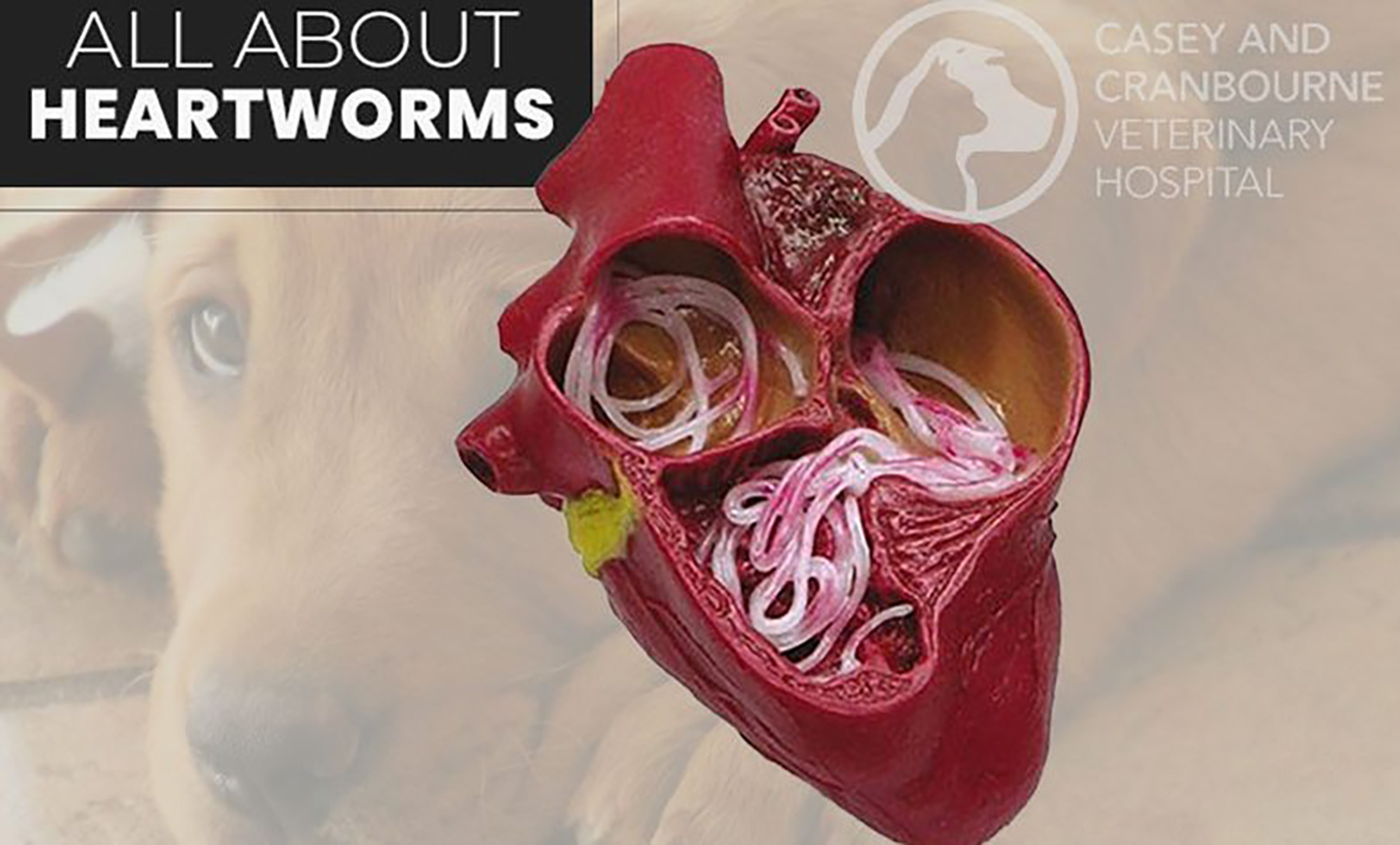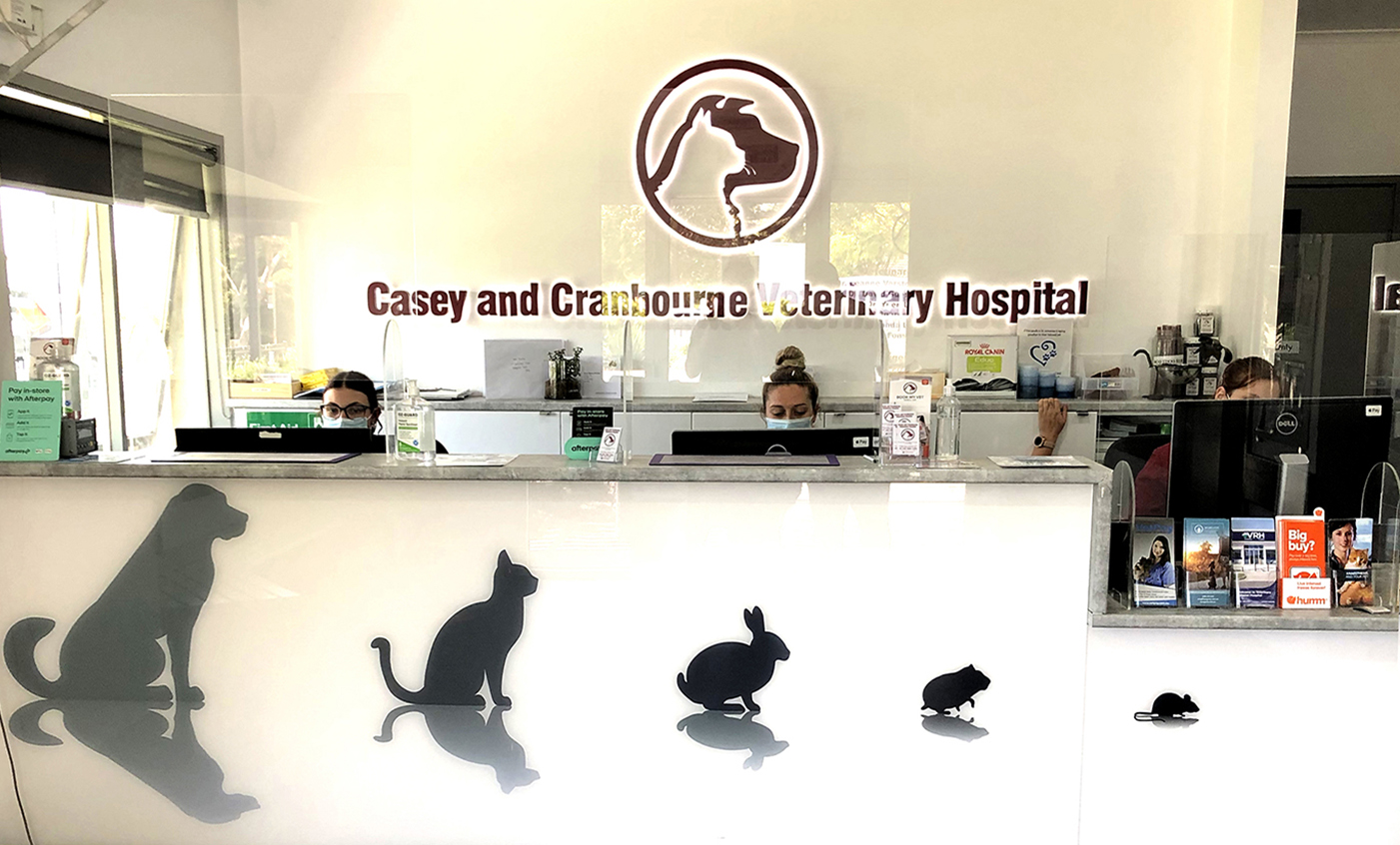– practical tips for arthritis pain management
ARTHRITIS IN DOGS AND CATS. WHAT CAN WE DO TO HELP EASE THEIR PAIN AS THE WEATHER TURNS COLDER?
Just like humans, animals can be susceptible to poor joint health. Unlike us, however, communicating that internal pain isn’t as easy for companion animals. While osteoarthritis is common in pets, especially as they age, the good news is that there are plenty of things you can do to reduce osteoarthritis pain and improve the quality of life of your pet.
WHAT IS OSTEOARTHRITIS?
Osteoarthritis, also referred to as arthritis, is caused by wear and tear of cartilage and bone of the joints. It is estimated that up to one in five dogs over one year of age are affected, while almost two thirds of cats have osteoarthritis by the age of six. Animals are more likely to develop osteoarthritis with age, but it may occur in younger animals secondary to inherited diseases such as hip dysplasia and elbow dysplasia, or trauma, including cruciate ligament injuries.
In dogs, commonly affected breeds include Labradors, Rottweilers, Great Danes, German Shepherd Dogs, and Golden Retrievers.
WHAT CAN YOU DO TO HELP?
You may find ways to modify your home to improve the comfort of your pet and reduce further trauma to joints:
- Carpet tiles may prevent arthritic animals from slipping on floorboards or tiles
- Ramps or portable stairs can aid animals climbing into the car or onto the bed
- Litter trays with low sides are more manageable for arthritic cats
IMPORTANT FACTORS TO CONSIDER FOR ARTHRITIC PETS DURING WINTER
- MANAGE THEIR WEIGHT
Being overweight, even by a kilo or two, is a huge additional loading on animals’ joints and can really exacerbate pain and arthritis. Make sure you keep your pets as lean as possible through exercise and a good diet.
- REGULAR EXERCISE
In winter, a lot of us don’t want to go outside for walks because of the cold. But regular gentle exercise keeps joints healthy and moving. Just getting out and being active without pushing dogs to exhaustion is critical in managing arthritis.
- PAIN RELIEF
In some animals with really bad arthritis, pain relief during winter is a way of managing their discomfort and keeping them mobile. This is usually in the form of non-steroidal anti-inflammatory (nsaids) medication specific for animals or sometimes opioid pain relief. Care must be taken with using long term nsaids especially in animals with renal or liver issues. For this reason, it is recommended to undertake routine blood testing for older pets on long term medication.
- DISEASE MODIFYING OSTEOARTHRITIS DRUGS (DMOAD)
Cartrophen Vet (pentosan polysulphate) is an injectable arthritis treatment, usually prescribed as a course of four injections given a week apart. Cartrophen Vet works to modify the underlying arthritic processes, helping to maintain joint health including preserving joint cartilage and therefore, helps relieve pain and lameness.
- COMFORTABLE BEDDING
Whilst your pet is sleeping, especially in winter, the drop in overnight temperature definitely makes joint pain worse. A warm comfy mattress, in a non-draughty area allows your pet to relax while they’re lying down and recuperating. Just remember that you don’t want a high bed or a bed that is difficult for your pet to get in and out of.
- AVOID STAIRS
Minimising access to stairs where possible for really arthritic dogs can reduce unnecessary trauma. Carry them up and down stairs if they’re small or use ramps around the house. There are also ramps to help get in and out of cars. This helps to reduce trauma when they’re jumping in and out of the car. Anything you can do to reduce trauma will relieve pain and the exacerbation of arthritis.
- SUPPLEMENTS/NUTRACEUTICALS
Nutraceuticals are supplements added to the diet that have been shown to promote joint health and can reduce the progression of arthritis. These supplements may contain glucosamine, chondroitin sulphate and/or green-lipped mussel extract.
We stock a wide range of supplementary products including 4CYTE granules, PAW Osteocare chews and PAW Osteosupport chews. These are good to add to the diet and often you can get good results if they are also on pain relief.
- DIET
There are a number of diets available also containing supplements specific for arthritic pets. These include Royal Canin Mobility C2P+, Hills J/D (joint diet), Hills Metabolic + Mobility (which helps both with weight loss and joint support).
In summary, management of osteoarthritis is usually holistic, involving a combination of the above approaches to optimise your pet’s comfort.
If you feel your beloved old pet is starting to slow down or is getting progressively stiff or sore, especially in the colder weather, please contact Casey and Cranbourne Vet Hospital to book your pet in for a health check.




